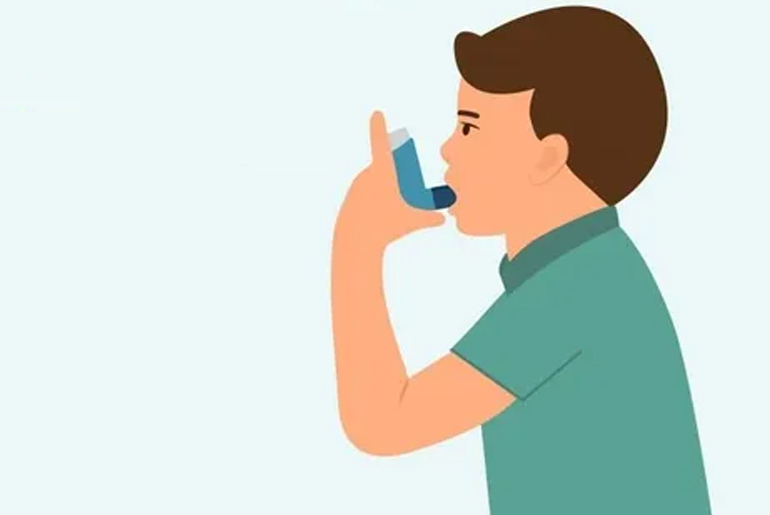Asthma is a chronic respiratory condition characterized by symptoms such as wheezing, coughing, and shortness of breath, which can become more severe during the summer months. Factors like heat, dry air, and heightened exposure to allergens can worsen these symptoms, making it essential for individuals with asthma to identify their specific triggers. Effectively managing or avoiding these triggers plays a key role in maintaining better respiratory health and reducing the risk of flare-ups during the warmer season.
Identifying and avoiding triggers is key to managing asthma and preventing flare-ups, especially during high-risk seasons like summer. Consistent medical check-ups and adherence to a prescribed treatment plan, including medication and lifestyle adjustments, are essential for maintaining long-term asthma control and improving overall respiratory health.
1. Dust Mites
Dust mites are tiny organisms commonly found in household items like bedding, carpets, and upholstered furniture. They are a major cause of indoor allergies and can aggravate asthma symptoms.
Tip to Avoid: Use allergen-proof covers for mattresses and pillows. Wash bedding weekly in hot water. Vacuum frequently with a HEPA filter vacuum to reduce dust accumulation.
2. Pollen
Pollen from grasses, trees, and weeds can trigger seasonal asthma flare-ups, especially during spring and fall.
Tip to Avoid: Stay indoors on high-pollen days, particularly in the morning when pollen counts peak. Keep windows closed and use air conditioning with clean filters to keep indoor air pollen-free.
3. Pet Dander
Proteins in pet saliva, urine, and skin flakes (dander) are common asthma triggers, especially in sensitive individuals.
Tip to Avoid: Keep pets out of bedrooms and living areas. Bathe and groom them regularly. Use air purifiers to reduce allergens, and consider rehoming pets if asthma remains uncontrolled.
4. Mold
Mold spores, found in damp environments, can trigger strong asthma symptoms when inhaled.
Tip to Avoid: Maintain indoor humidity below 50%. Clean moldy surfaces promptly and ensure good ventilation in bathrooms and kitchens. Use dehumidifiers in damp areas like basements.
5. Tobacco Smoke
Cigarette smoke and second-hand smoke irritate the airways and are powerful asthma triggers.
Tip to Avoid: Do not smoke and stay away from smokers. Make your home and car smoke-free zones. Encourage others to smoke away from you and your living space.
6. Air Pollution
Outdoor pollutants from vehicles, factories, and other sources can worsen asthma symptoms and impair breathing.
Tip to Avoid: Check local air quality reports and limit outdoor activity on days with poor air quality. Wear a mask if exposure is unavoidable and keep windows closed.
7. Exercise
Physical activity, particularly in cold or dry air, can induce asthma symptoms known as exercise-induced bronchoconstriction.
Tip to Avoid: Warm up before and cool down after exercise. Use a preventive inhaler if prescribed. Opt for indoor workouts when the weather is harsh.
8. Respiratory Infections
Common infections like colds, the flu, and other respiratory illnesses often exacerbate asthma symptoms and can lead to severe flare-ups.
Tip to Avoid: Practice good hygiene by washing hands regularly, avoiding contact with sick individuals, and staying current on vaccinations such as the flu shot and COVID-19 booster. Consider getting the pneumococcal vaccine if recommended by your doctor.
Disclaimer:
The information contained in this article is for educational and informational purposes only and is not intended as a health advice. We would ask you to consult a qualified professional or medical expert to gain additional knowledge before you choose to consume any product or perform any exercise.






